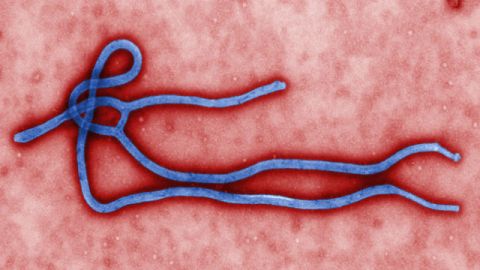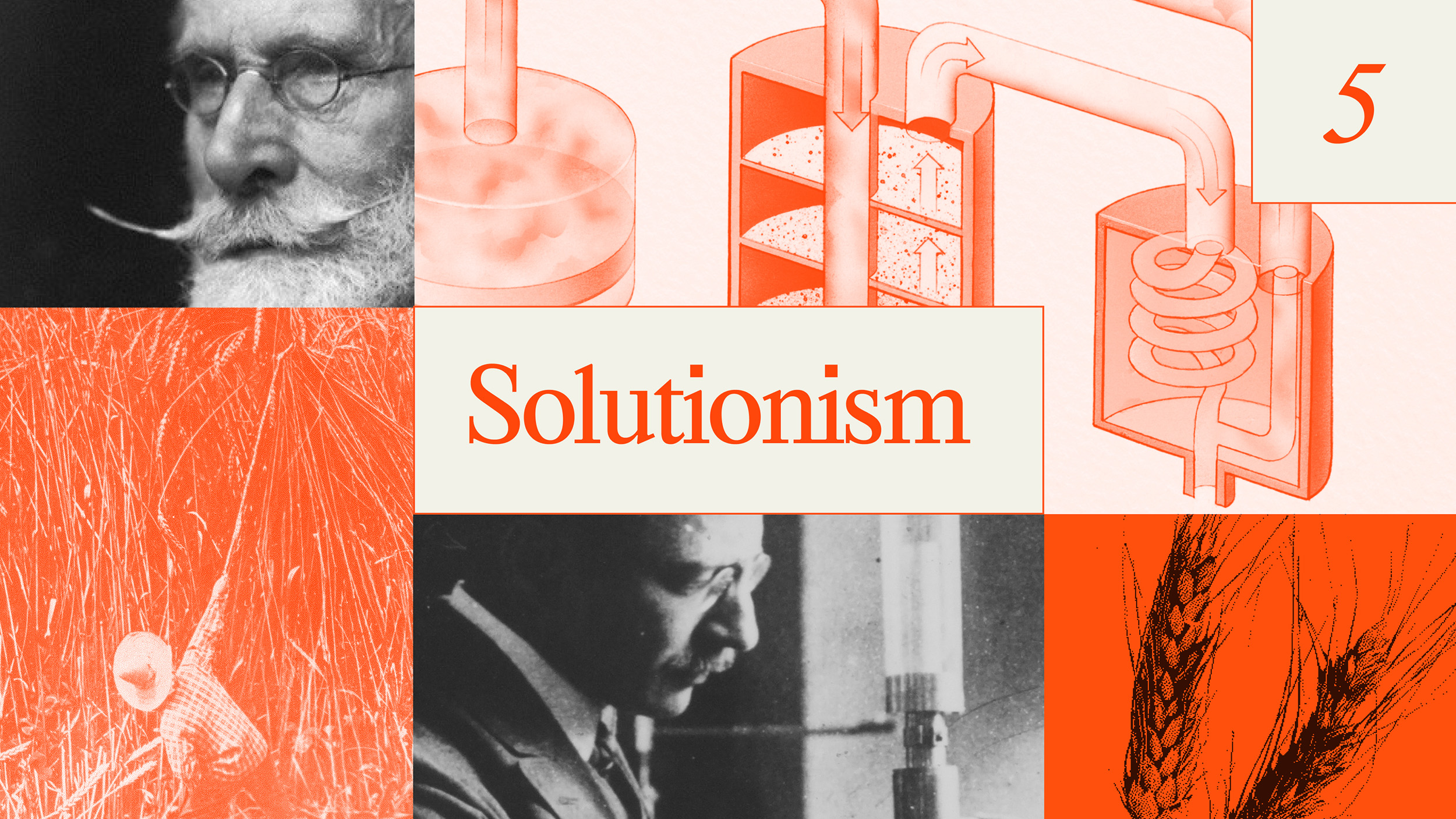Fear of Ebola. A Greater Risk Than the Disease Itself

Ebola is starting to pose a serious risk to public health in America. But the threat is not the disease itself. The real danger is a growing epidemic of fear, an infection that spreads much more readily than the virus, is far harder to treat, and which threatens to cause much more sickness and death. The longer this epidemic of fear persists, the greater the likelihood that fear of Ebola in the United States will harm public health far more than the deadly hemorrhagic virus itself.
There are many reasons for this disproportionate fear. One is certainly the alarmist tone of news coverage of Ebola, which is excessive for a disease that only spreads through physical contact between a hole in your skin and the vomit, diarrhea, or blood of a very sick late-stage patient. The risk is simply nowhere near as great as the alarmist coverage makes it sound.
Another reason for the fear is the innately emotional way we perceive and respond to risk in the first place. Ebola is an emotionally powerful bogeyman. It’s new, and that makes any risk scarier. It kills in a horrific way. That raises fear too. If you get it, the likelihood of fatality is high, and there is no vaccine, so it feels like something we can’t control, and powerlessness makes things scarier as well.
But another contributor to the rising fear of Ebola is the excessive criticism of the mistakes that health care officials have made, including the mistakes at Texas Presbyterian Hospital in Dallas, gaps in the isolation of potentially infected health care workers, and inadequate equipment for and training of those workers. While the public needs to know about those mistakes, they also need to know that those errors did not raise the risk to the general public in any relevant way, nor were they egregious enough to raise serious questions about the overall competence of the health care system to keep Ebola from becoming a public epidemic. Unfortunately, critics imply, or in some cases state outright, that these mistakes mean we just can’t trust the health care system to prevent a public Ebola epidemic. That is excessive, and emotionally poisonous.
Especially during a crisis, the thing that most influences how afraid we are is how much we trust the people and institutions we count on to keep us safe. The more we trust them…for their honesty, for their competence, for their demonstrated respect for our concerns and emotions…the less afraid we will be. The less we trust them, the greater our fears will be.
The excessive criticism is undermining trust. Again, the critics make fair points. But the implication or outright claim that we just can’t trust the system goes way too far. Republicans who, on the eve of the midterm elections, charge that “the trust and credibility of the administration and government are waning,” are fueling the epidemic of fear. The suggestion by a nurses’ union that inadequate equipment or training or operational protocols mean that the system isn’t ready to prevent a public epidemic, fuels mistrust and spreads fear. Pundits who call the mistakes, and the CDC’s seemingly excessive promise of safety, “a betrayal” of trust (Amy Davidson in the New Yorker) are engaging in harmful blame-game excess as well. CDC officials never promised there would be no cases, just that America’s health care system could keep Ebola from becoming a public epidemic. Which thus far it has.
The news media are complicit too. Reporting on the mistakes is appropriate, but by failing to also report that those mistakes did not reveal a health care system incompetent to prevent Ebola from becoming a public epidemic, the media magnify excessive mistrust in the system which fuels public fear. (And no, my media friends and colleagues…doing sidebars on how people are overreacting does not take you off the hook for hyping the fear in the first place.)
So while the criticisms are fair, and needed, and should be covered by the press, over-dramatizing them to the point of suggesting that things are so poorly run that we just can’t trust the health care system and its leaders is excessive, and seriously harmful. Fear triggers biological Fight or Flight responses that are fine in the short run, but really bad for us if the fear persists for more than several days.
As entertainingly explained by Robert Sapolsky in his wonderful book Why Zebras Don’t Get Ulcers, chronic stress increases blood pressure and raises the risk of cardiovascular problems, the leading cause of death in America. It depresses our immune system, which means we are the more vulnerable to catching infectious diseases, or more likely to get sicker from them, or die from them, than we otherwise would be. It is highly likely that fear of Ebola will cause more people to get, or suffer more from, influenza, which the CDC says kills between 3,000 and 49,000 people per year.
Chronic stress depresses fertility, bone growth, memory, and healthy digestion. And it interferes with neurotransmitters associated with mood, increasing the likelihood and severity of clinical depression. Suicide is the 10th leading cause of death in America.
Widespread public health fear also has serious economic and social impacts. It reduces worker productivity, consumer spending, and raises health care costs. It disrupts education (already seen in school closings in Dallas and Cleveland), prompts cancellation of a wide range of professional and public events (already happening, with cancellation of speeches by people who have recently been in West Africa), and changes how people interact with each other, including the stigmatization of people from West Africa.
These are the larger risks America now faces from Ebola. With proper health care we can control the risk of a public epidemic of Ebola virus. With less alarmist news coverage and more responsible criticism of our health care leaders we can also control the epidemic of fear going viral in America, fear that poses more risk to our physical, economic and social health than the deadly disease itself.
Image: CDC





